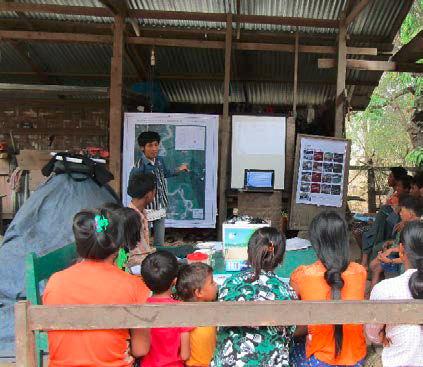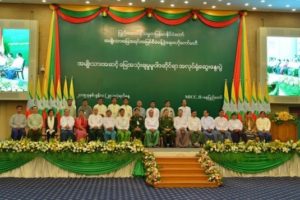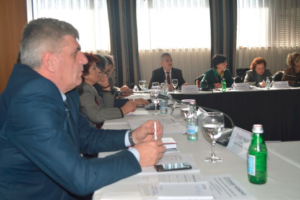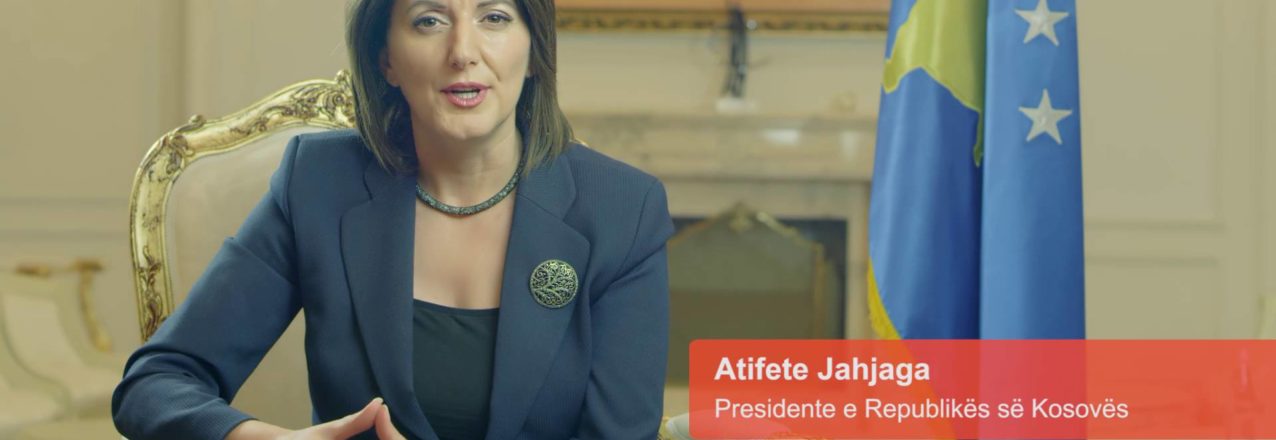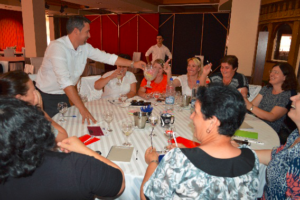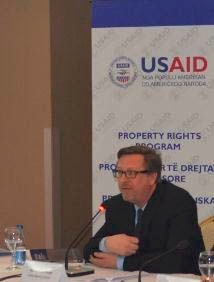The Land and Rural Development Program (LRDP) is a five-year task order funded by the United States Agency for International Development (USAID) under the Strengthening Tenure and Resource Rights (STARR) Indefinite Quantity Contract. LRDP is intended to assist the government of Colombia to strengthen its institutional capacity to develop tools, systems, and skills that will enable it to fulfill its mandate to resolve land issues at the heart of Colombia’s decades-long internal conflict.
Program Highlights
Dairy Field School – Milk-PPP partners launched the dairy farmers’ field school for milk producers in Meta, and welcomed several new partners to the alliance, which now reaches over 100 dairy farmers from six dairy associations.
99% Time Reduction – A new IT system allows LRU staff to easily monitor the status of land restitution claims and the implementation of restitution rulings.
2nd Land Office – A municipal land office in Santander de Quilichao (Cauca) becomes the country’s second such office and allows the local administration to title publicly owned lands, become a link with the National Land Agency, and promote land formalization.
51 Restitution Rulings – Study analyzes gender inclusion in 51 restitution rulings involving women, and delivered a list of recommendations for the LRU to ensure rulings are more responsive to women.
The USAID Land and Rural Development Program (LRDP) supports the government of Colombia to build the institutional architecture needed to effectively govern land in rural areas. At the national level, the program troubleshoots institutional policies and procedures that prevent GOC entities from administering land in an efficient and cost-effective manner. At a regional level, the program delivers packages of overlapping land and rural development interventions that increase access to the land and productive assets restituted families need to earn a livelihood.
News from the Program
Meta’s Milk APP partners launched the dairy farmers’ field school for milk production for the more than 100 dairy farmers in Meta. The school—which is run by Meta’s government with the support of LRDP, Alquería, and the Nature Conservancy—teaches farmers about issues relating to sanitary, biological, and chemical risks. Also, new actors: Sena, Colombian Agricultural Institute, Nature Conservancy, and two new producer associations from the Ariari region signed onto the PPP. In Cauca, USAID facilitated a commercial agreement between indigenous Nasa farmers in the municipality of Jambaló and the Colombian firm Comfandi, which guarantees the purchase of one metric ton of lulo every two weeks. In return for a steady supply of high-quality fruit, the company will increase the purchasing price by an average of 30%, from 1,750,000 to COP2,250,000 (US$700-900) per ton. This agreement currently benefits 8 families, which could reach 17 families in the coming months. Also, the Cacao APP in Montes de María mobilized more than $613,000,000 COP (US$245,000) from the Ministry of Agriculture to plant 36 ha for 36 families, and Fedecacao delivered technical assistance and training to 70 cacaoteros in the region.
Colombia’s second municipal land office was officially launched in Santander de Quilichao, Cauca. The land office establishes a local link with the National Land Agency and allows municipal leaders to title publicly owned lands (e.g., schools) as well as some private parcels. In addition, USAID supported the creation of the Municipal Formalization Plan, outlining the status of 30,000 parcels in the municipality. The land office recently began the formalization process for a public parcel in La Chapa, where the mayor plans to build a water treatment plant that will serve several villages. The Ovejas (Sucre) land office, the first such office supported by USAID, issued 105 land titles to vulnerable residents in the center of Ovejas in the period. Over 90% of the recipients are women. Both offices promote a culture of formalization that serves as a model for other municipalities.
USAID carried out study on the inclusion of women and women’s issues in restitution rulings. The program analyzed 51 restitution rulings that benefit 110 women in Tolima and Montes de María, synthesizing a number of findings regarding the extent to which judges included gender-specific reparations in their rulings, as well as whether these reparations are being effectively implemented by relevant government entities. The analysis revealed that despite legislative and institutional progress, there are still some worrying trends concerning women’s enjoyment of the benefits of land restitution. Based on these findings, LRDP prepared a set of recommendations for the Land Restitution Unit and other entities with the goal of making their actions more responsive to women.
A new electronic information system reduces processing time by 99 percent for the Land Restitution Unit. With USAID’s support, the Land Restitution Unit launched a new web-based information system for its 28 offices throughout Colombia. This new tool allows restitution staff to easily monitor the status of land restitution claims and the implementation of restitution rulings. Previously, this information was kept on Excel files and was cumbersome to track and manage, in addition to being more susceptible to errors and mismanagement. With this online tool, staff are experiencing a 99% reduction in the time needed to track the status of a restitution claim, which in turn contributes to a more efficient restitution process for victims and their families.
